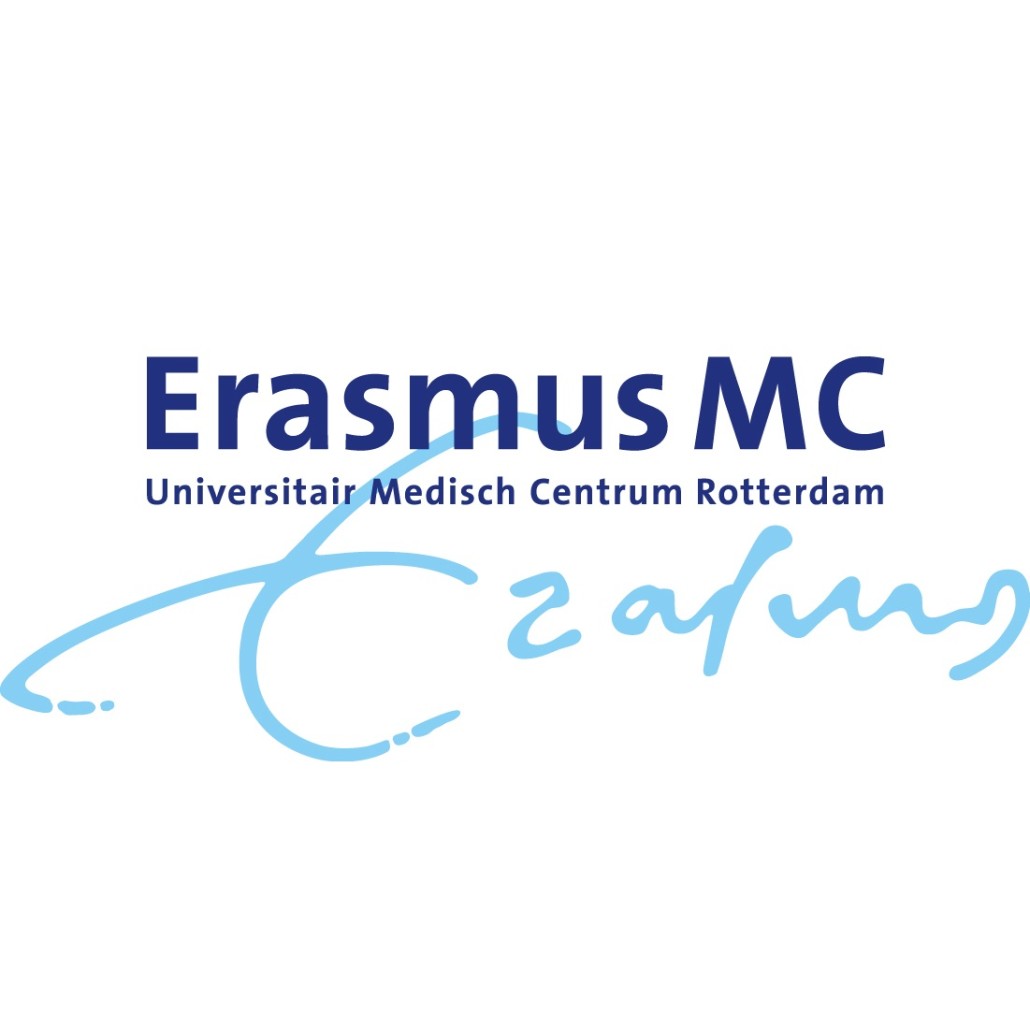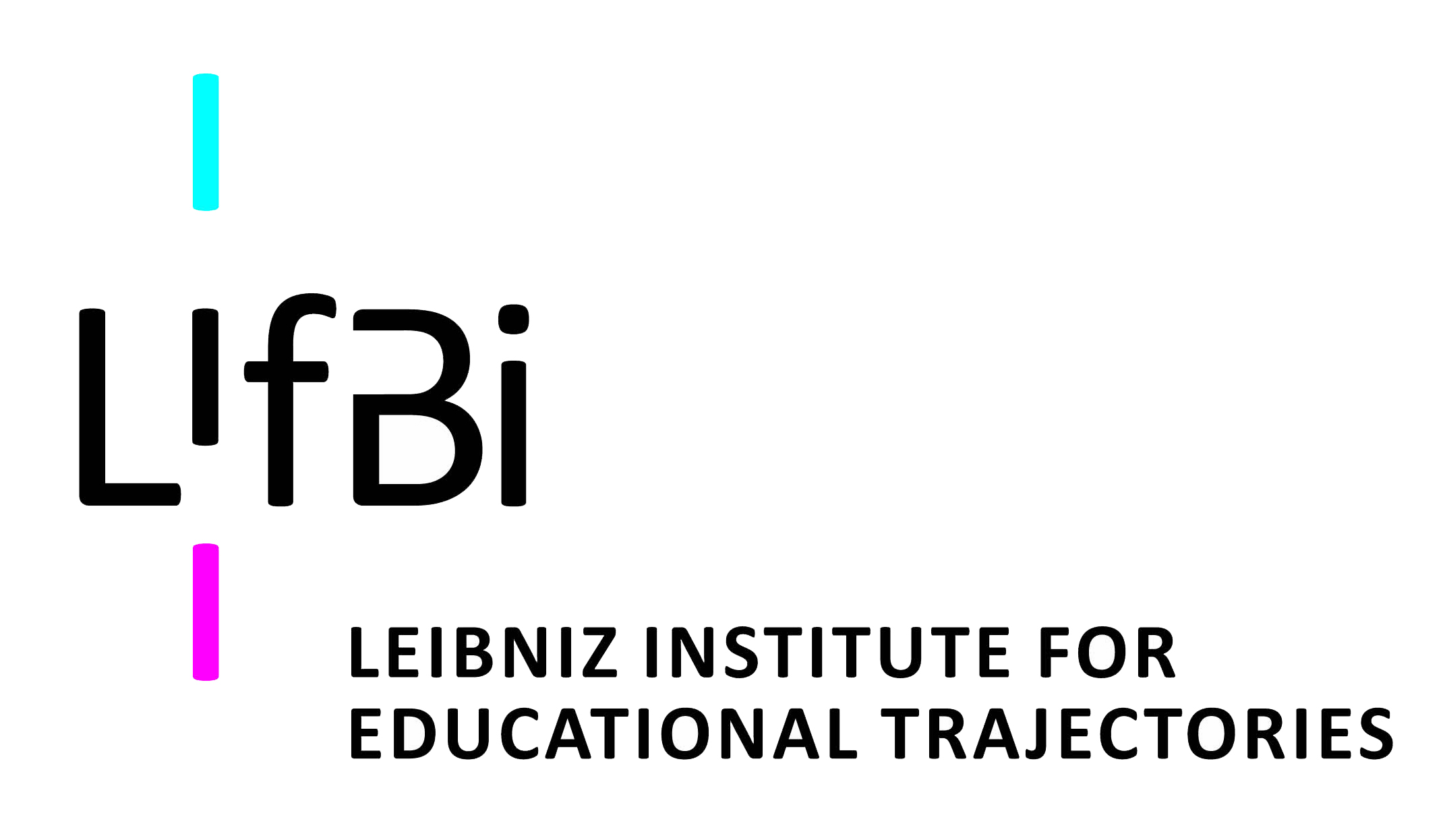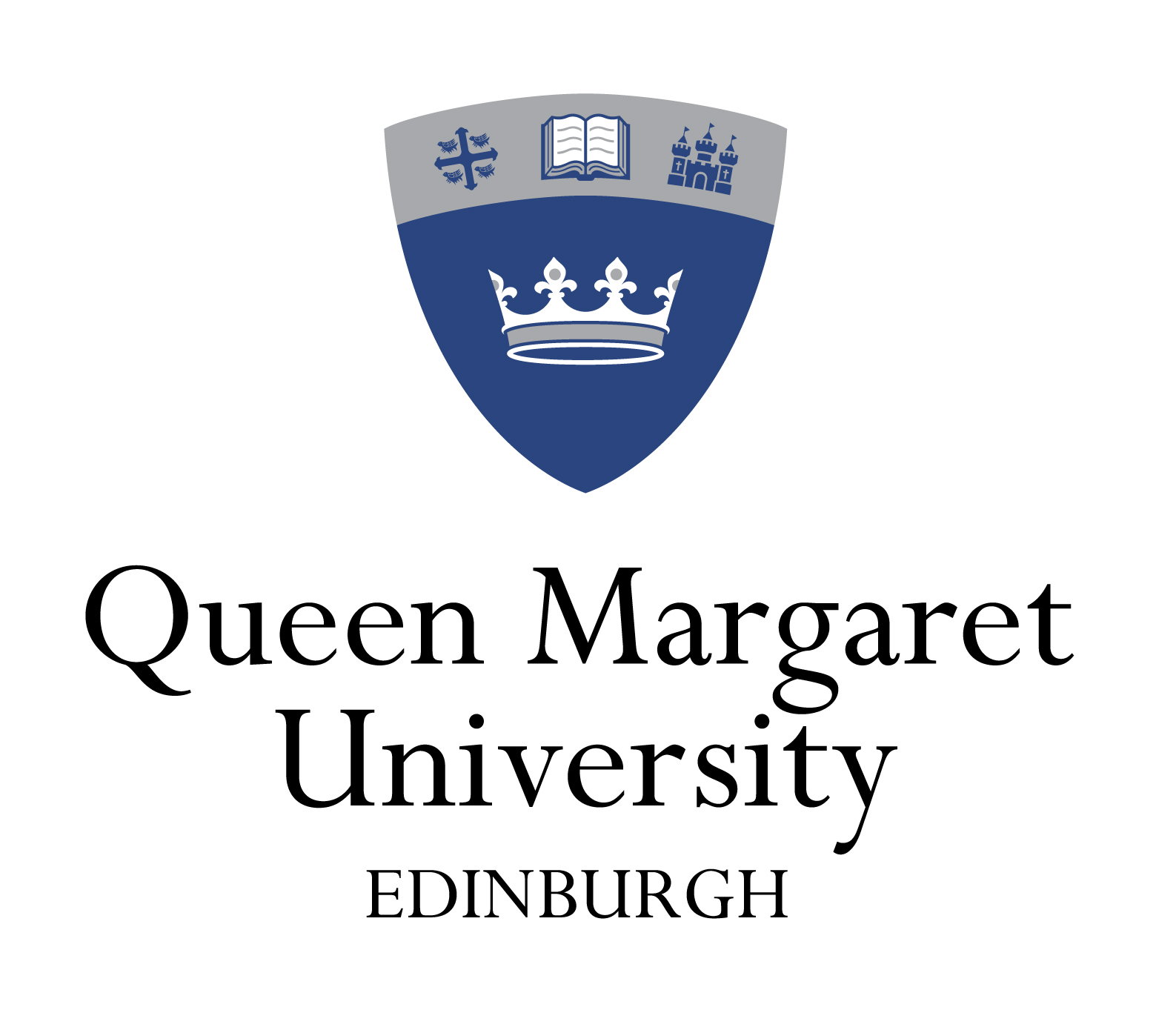News, Blogs & Events
Blog: Helen Wareham Research Podcast
Back in October 2020 I took part in a training session on “communicating with confidence and influence”. Organised by the Northern Ireland and North East Doctoral Training Partnership (https://www.ninedtp.ac.uk/) and delivered by Jo Darby from Voice in the Room (https://www.voiceintheroom.com/) the training aimed to develop the skills of doctoral and early career researchers and to provide feedback on verbal communication.
As researchers and academics, many of us are used to talking about our research sometimes to an audience of hundreds of people, but this is often to very specific and narrow audiences like other researchers and students. Training therefore focused on speaking to broader audiences, including those who may not be interested in our work or, those we want to persuade with our research.
The nature of the SEED project is very broad, longitudinal analysis is not of interest to everyone, some of our work is very focused and specific (hearing loss and language disorders), and there’s no easy answer to how we address child development and social inequality. Jo’s training was useful in terms of getting me to think about different ways of approaching communicating about our research, I don’t have to cover and explain everything everyone on the project is doing (we’re a team of around 20 people), sometimes just focusing on a particular aspect is the best introduction, thinking about what’s most relevant to the audience.
With that in mind, participants in the training were given the opportunity to take part in a podcast series. The Inspiring Research podcast (https://www.inspirationnorth.com/inspiring-research) aims to showcase social research from the training partnership (NINE DTP) and the ways in which social research can be relevant for businesses. The collaboration entitled ABC (Accelerating Business Collaboration) is funded by the Economic & Social Research Council.
Inspiring Research is produced and hosted by James Eves and Michelle Minnikin of the Inspiration North podcast. As a novice at public speaking (outside of a classroom or research conference) and certainly never having been interviewed in this way, it would be fair to say I was nervous (even surrounded by papers and notes in the comfort of my own home). James and Michelle were great at putting me at ease and the whole thing was more like a relaxed friendly conversation rather than the Question Time[1] type scenario I think many of us fear. Having this type of format to talk about research is a great opportunity. The common academic process of publishing and sharing research is often very slow, and being able to talk broadly about the research areas we’re working in and what we’re finding is a great way to share information and engage people sooner.
So how is a research project on child development and social inequality relevant for business? The link might not be immediately obvious but there most definitely is a link. Here are three key reasons and takeaways for businesses:
Children are the future workforce. Giving people the best start and early opportunities in life means they develop good key skills like language, communication, and socio-emotional skills which are also important employability skills. By looking at data we have on child development and measures like education outcomes we can see where we may have skills deficits in the future. In England, of young people who sat their GCSEs in 2019 just 43.2% achieved a “strong pass” in English and Maths[2] (achieving this is often a minimum level of required education for employment, jobs, and accessing further education).
Parents need developmental time with their children, especially during the early years. There isn’t one ideal home learning environment that works for every child, but we know that there are key things and activities which help and promote child development, such as, reading, speaking, and playing. Pivotal to this is being able to do these things consistently, establishing a routine, as this doesn’t just help with child language and skills development but their socio-emotional development. This means parents need to have the resources (primarily time) to do these activities and spend time with their children. For businesses it means being mindful that a significant amount of your workforce are parents and thinking about options such as flexible working hours, continuing working from home practices, and as much as possible, avoiding lots of last-minute meetings/deadlines/shift changes.
Opportunities for learning and education are good for everyone. As people and workers continual learning is important not just for our own well-being but future opportunities (promotions, career changes etc.). Our level of education is interwoven with our employment (the types of jobs and opportunities we have) and our income (people with higher levels of education on average earn more money[3]). For parents, their level of education has an impact on their children's development, and when parents increase their education or move into a higher status job, we see a similar upward movement and positive impact on child development.
The podcast episode can be heard at: https://www.inspirationnorth.com/inspiring-research/episode/3b7d47c3/2-helen-wareham-child-development-and-the-future-workforce
Forthcoming SEED research publications which were referenced, or which have informed the takeaways, were:
- Various work from the whole team across the three countries where we have been investigating the association between parental factors (such as education, income, employment types) and child language skills. We currently have a paper under review which looks at the association between maternal education and child language skills.
- Work led by Nathalie Tamayo Martinez and her supervision team. Nathalie has been investigating parenting behaviour, socio-economic factors, and their impact on child development and as part of that looked at the influence of routines.
- Earlier work by Tom King and James Law showed that increasing maternal education had a positive impact on children[4]. Along with James, Helen Wareham and Joe Willoughby have investigated the impact of changing occupations of fathers on child outcomes with similar results and are currently in the progress of writing up this work for review and publication.
Last modified: Thu, 18 Mar 2021 11:36:22 GMT





